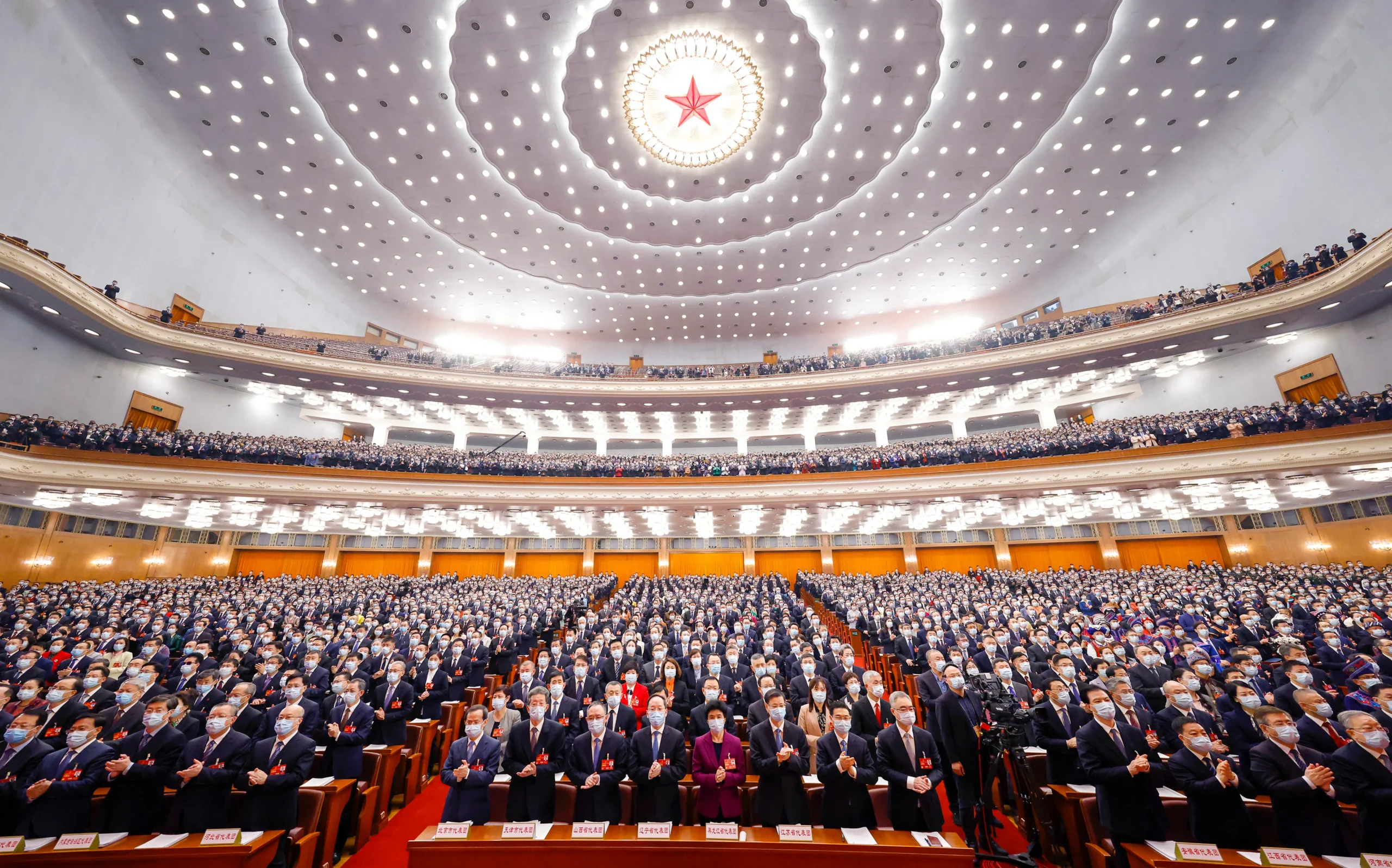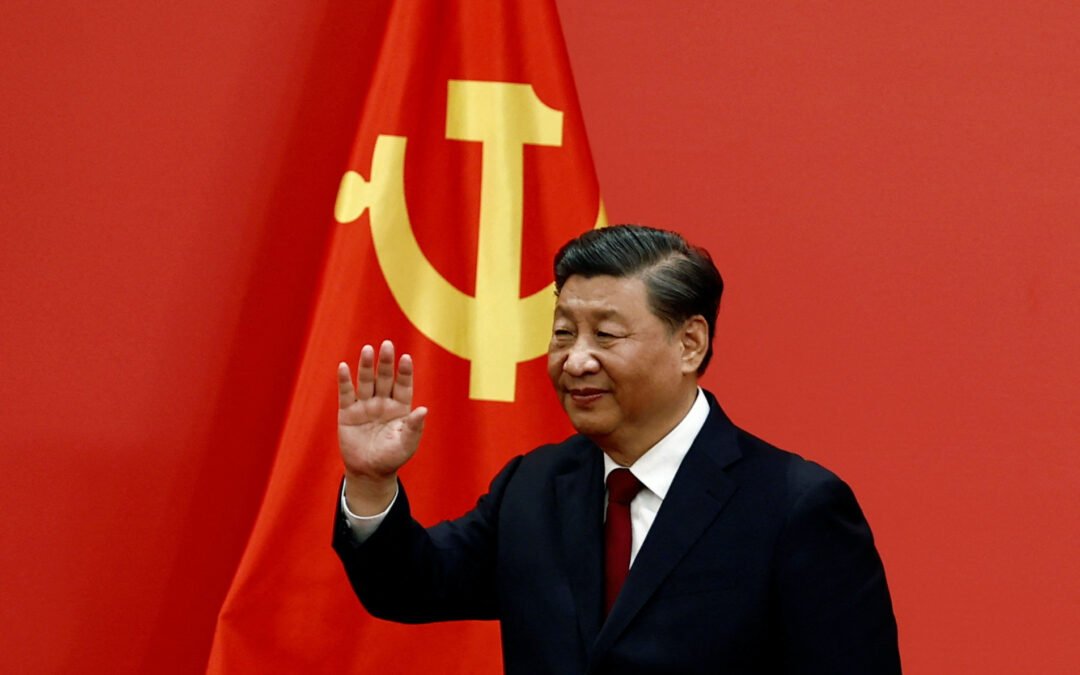In the CPC, plenary sessions of the Central Committee play a crucial role in shaping the Party’s policies and strategic directions. These sessions are convened periodically during the five-year term of each Central Committee, with each session focusing on different aspects of governance and reform. Senior officials attend these sessions. Immediately following the National Congress, the First Plenary Session is convened aiming to elect the Party’s senior leadership and establish the basic structure for governance. Usually held a few months later, the Second Plenary Session polishes the leadership roster and drafts important policy texts. But traditionally, the Third Plenary Session is the one that usually bears the most weight, revealing significant reforms with far-reaching effects.
While reviewing the earlier held third plenary sessions, the most well-known such session was that of Third Plenary Session of the 11th Central Committee in 1978, which launched China’s Reform and Opening-up policy under Deng Xiaoping. China’s swift economic development was made possible by this change from ideological rigidity to economic pragmatism. Significant policy announcements have been made in subsequent third plenums as well. For example, during President Xi Jinping’s 2013 session, a roadmap for more extensive structural reforms was presented, highlighting the market’s crucial role in allocating resources.
In light of this, the Third Plenary Session of the 20th Central Committee is scheduled to take up a number of important subjects that are essential to China’s continuous efforts to modernise and grow. The expansion of economic reforms is one of the main topics that is anticipated to take centre stage at the meeting. This session’s main goal is to advance a high-standard socialist market economy by 2035. The CPC has successfully and continuously guided these sessions to propose significant economic reforms. This entails updating China’s political and administrative framework as well as tackling urgent economic issues like low domestic demand and business strains.

It is also expected that social equality and enhancing people’s well-being would be important conversation points. The CPC has insisted time and time again that reforms must benefit the majority of people and be centred on them. It is anticipated that significant policy changes will be introduced during this session with the goals of improving social justice, decreasing economic inequalities, and making sure that the advantages of modernization are distributed more equally and widely among the populace.
In addition to these policy stand points at the domestic level, China’s place in global governance and international system will be discussed in this session. China is a rising global power, and as such, its decisions and policies have a big impact on other countries. The CPC wants to create a more equitable international order and advance multilateralism in its global governance agenda. China aims to expand its influence and make a positive impact on a more stable and peaceful world by promoting international cooperation and providing answers to global issues.
This Third Plenary Session has impact that go beyond China. The results of this session will be closely watched by the international world, particularly Pakistan, since China’s decisions and policies have broad ramifications. Global peace and development are facilitated by a prosperous and stable China. Prioritizing technical innovation, sustainable development, and economic resilience allows China to ensure its own future while also providing an example for other nations facing comparable difficulties.
El «concepto dual» que Rusia utiliza en el Ártico
Los vientos fríos alcanzan un promedio de 50 km/h. La temperatura puede llegar a -50° Celsius; donde el suelo en gran parte se encuentra congelado (permafrost). En un territorio de estas...
The upcoming plenary session’s distinctive quality is about its all-encompassing approach to dealing with short- and long-term goals and challenges. This reflects the CPC’s systematic, organized and strategic vision in dealing with the complexity of the contemporary domestic and global environment.
Muhammad Asif Noor
Founder Friends of BRI Forum, Senior Advisor to Pakistan Research Center, Hebei Normal University, China, Co-Founder, Alliance of China-Pakistan Research Centres and Senior Fellow, Centre for CPEC Studies, Kashi University, China








